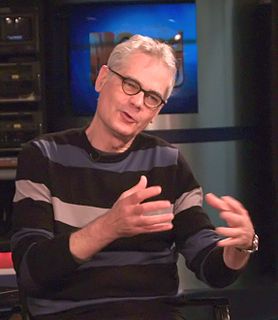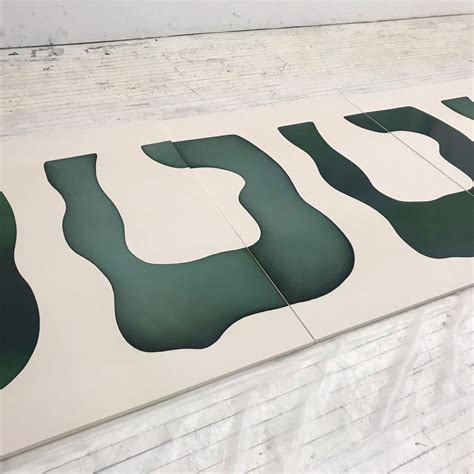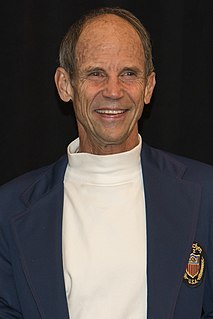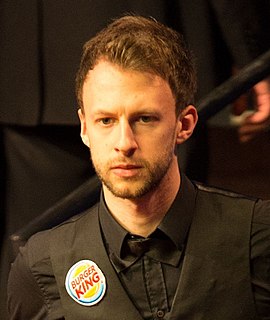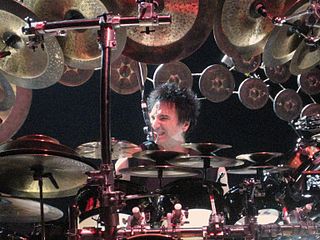A Quote by Caleb Deschanel
You tend to compose things more in the middle of frame in 3-D than you would in a conventional frame. You can really see composition in 2-D but in 3-D your composition is much more complex. Everything has to be artificially enhanced. But you do gain something else with 3-D: you have a sense of space and heightened reality.
Related Quotes
On one level, I'm interested in how the space dictates the effect visually - how the composition of a given work changes depending on the nature of each wall. But I'm also trying to emphasize less tangible elements: the amount of time it takes to walk the gallery's perimeter; how one's physical distance affects his or her sense of the overall composition; how the size of the space creates a sense of visual rhythm. It's really a matter of seeing how much structure is necessary to impose for those things to become apparent.
In a car you're always in a compartment, and because you're used to it you don't realize that through that car window everything you see is just more TV. You're a passive observer and it is all moving by you boringly in a frame. On a cycle the frame is gone. You're completely in contact with it all. You're in the scene, not just watching it anymore, and the sense of presence is overwhelming.
What if everything you see is more than what you see--the person next to you is a warrior and the space that appears empty is a secret door to another world? What if something appears that shouldn't? You either dismiss it, or you accept that there is much more to the world than you think. Perhaps it is really a doorway, and if you choose to go inside, you'll find many unexpected things.
I think about photographs as being full, or empty. You picture something in a frame and it's got lots of accounting going on in it-stones and buildings and trees and air - but that's not what fills up a frame. You fill up the frame with feelings, energy, discovery, and risk, and leave room enough for someone else to get in there.
You have to study composition to understand that things can be done backwards and forwards and upside down, inverted, but it's mainly just an inner valid intuitive thing. Where do you want to go? Ok this is busy, or this needs some space, or this is too much space so now I want to put more notes in there or something. It's all about contrast. High, low. Fast, slow, thick or thin or what have you. And it's the same with improvisation.
We may say with truth and meaning, that governments are more or less republican, as they have more or less of the element of popular election and control in their composition; and believing as I do, that the mass of the citizens is the safest depository of their own rights and especially that the evils flowing from the duperies of the people are less injurious than those from the egoism of their agents, I am a friend to that composition of government which has in it the most of this ingredient.
I really believe that is helping people. I've been talking to oncologists about how we can re-frame and re-think the chemo process, so it becomes a much more spiritual, psychological journey. Where people really could burn away what needs to be burned away. It's happening anyway. Why not frame it in a psychological way where it can serve as a transformation?
